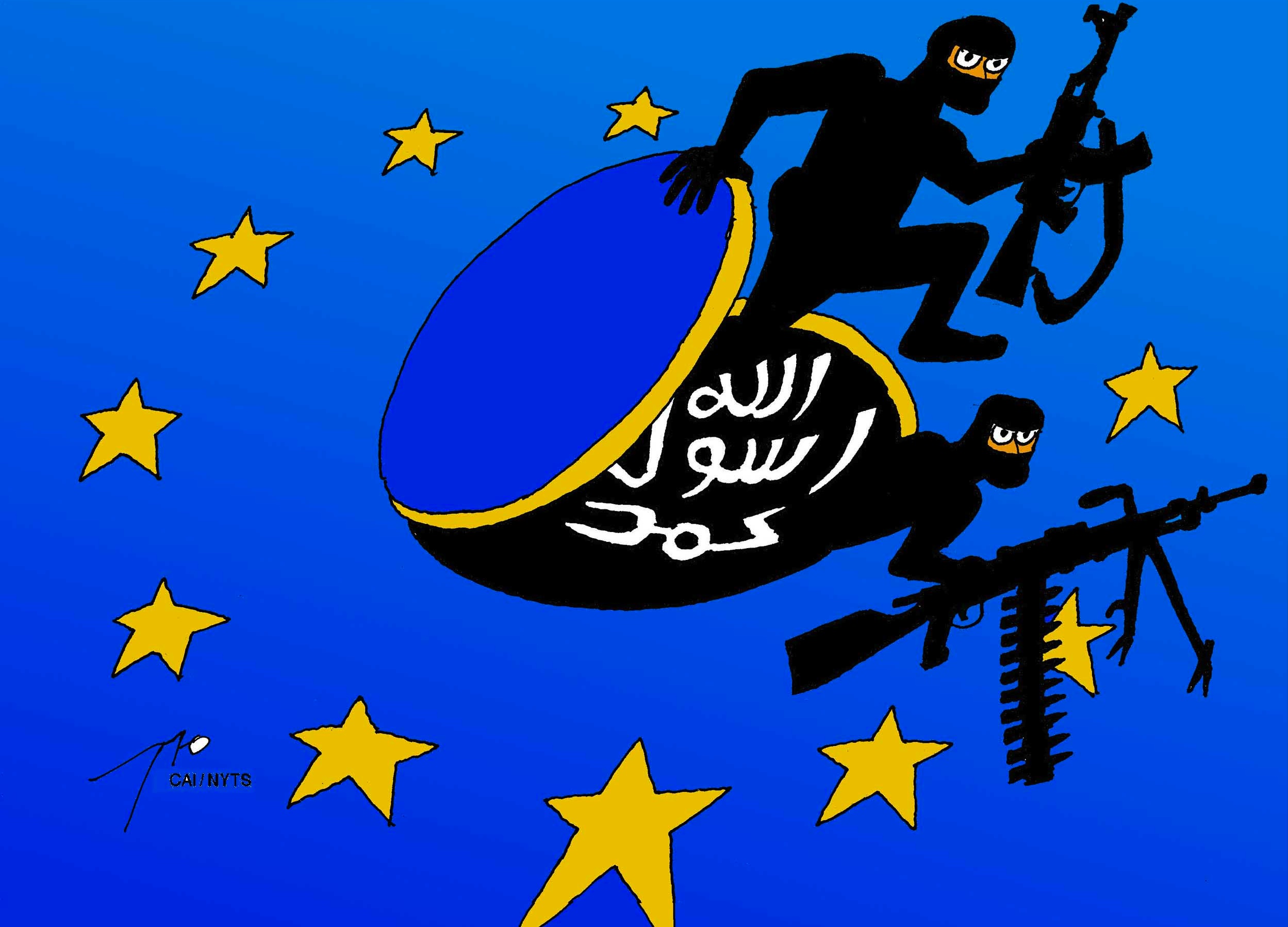A puzzling feature of the recent Paris massacres is that families and friends of the perpetrators professed no inkling that anything unusual was afoot; no indication that their intimates were embarking on a vicious mayhem of innocents where they themselves would likely die.
As told by Mohamed Abdeslam, the surviving brother of Salah and Brahim, who actively participated in the murderous assaults, their "family is in shock" and a state of "frustration that (it) lived together without noticing what was going on." An astonished friend of Salah Abdeslam similarly exclaimed that, "If Salah could do this, then any of my mates could do it."
This story is hardly unique to the Parisian case. It repeats itself time and time again in nearly all instances of extremist attacks. For instance, the shooting of June 26, 2015, that killed 38 tourists near the city of Sousse in Tunisia was carried out by Seifeddine Rezgui, whose family afterward expressed deep shock and dismay that this could happen. Khalil, the father of Mouhand al-Okbi, killed while carrying out an attack in Israel last month, was stunned by the news of what his son had done. "I never believed such a thing could happen," he told reporters, "nor did I see any evidence (for it)." The rest of the family found the event equally surprising. "The look of shock on their faces was still fresh one day after (the attack)." Hasan Edmonds is facing federal terrorism charges in the United States for plotting to attack a military base in Illinois. His stepmother was jolted by the news. "Is it a dream?" she asked. "I don't even know what to believe. I talked to him three weeks ago and he sounded like his usual self. I'm still kind of shook up."


















With your current subscription plan you can comment on stories. However, before writing your first comment, please create a display name in the Profile section of your subscriber account page.